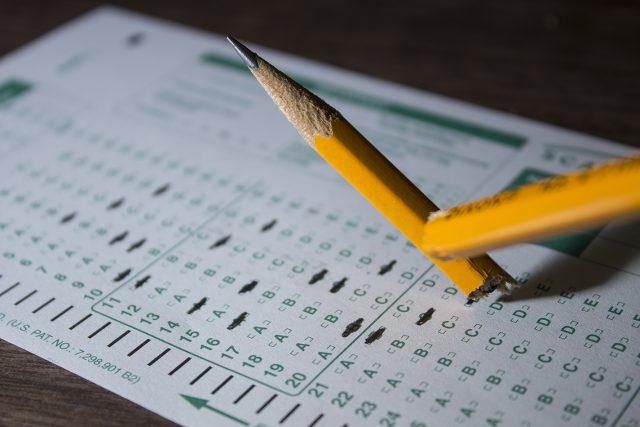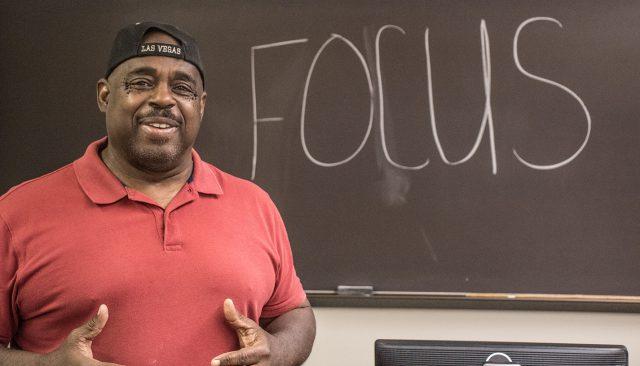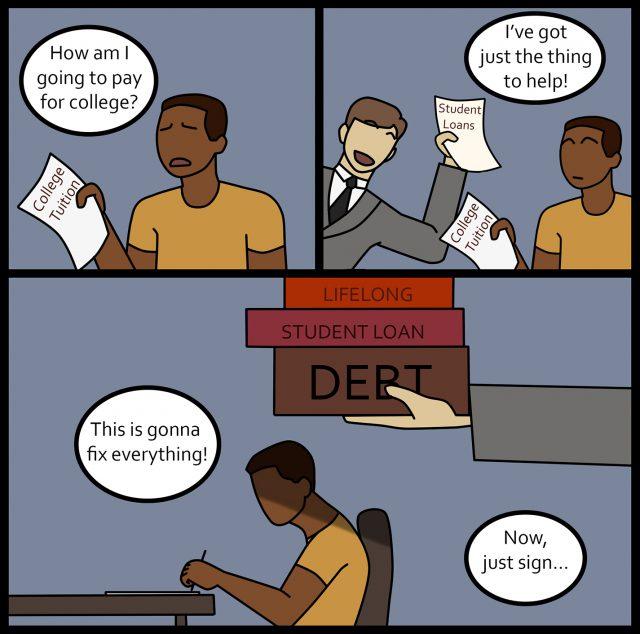By JW McNay/campus editor
College is an opportunity for students to learn skills and knowledge to prepare them for the real world, and the most poorly utilized method by teachers is the group assignment.
Let’s not kid ourselves: Group assignments are the worst. Being put in a group where each member participates equally is akin to winning the lottery in back-to-back drawings.
Working well with other people is a skill students should cultivate.
Each individual in a group brings different strengths and weaknesses that ought to yield a positive experience. But the reality is members of a group fall into one of two simplified categories: active or passive.
Active members work to complete the assignment while passive members either don’t care or expect other members to finish it.
The size of a group and types of its members allow for many permutations. The variation of a single active member with the rest being passive is frustrating or fantastic depending on perspective.
A group’s project may receive a high grade, but this isn’t necessarily reflective of how well the group worked together or how much each member contributed.
Teachers have ways to mitigate these frustrations for group assignments like allowing students to pick their own groups or giving individual grades. Both options are not without their own flaws, though.
Students selecting their own groups might only benefit some and not all because it’s still dependent on the ratio of active to passive members in the class.
Individualized grades for a group assignment can hold each member accountable for their effort, but this system relies on students to report how much each member contributed.
Active members are stuck in an awkward social scenario where they must rat out any passive members if they want to lower their grades for some sense of fairness.
The challenges of working with classmates in a group should theoretically apply to a professional environment, but it’s not apples to apples. The motivation in each environment differs because receiving a good grade is not the same as receiving a paycheck.
And if someone isn’t doing their job in the real world, then at least it’s possible they’ll get fired.
































